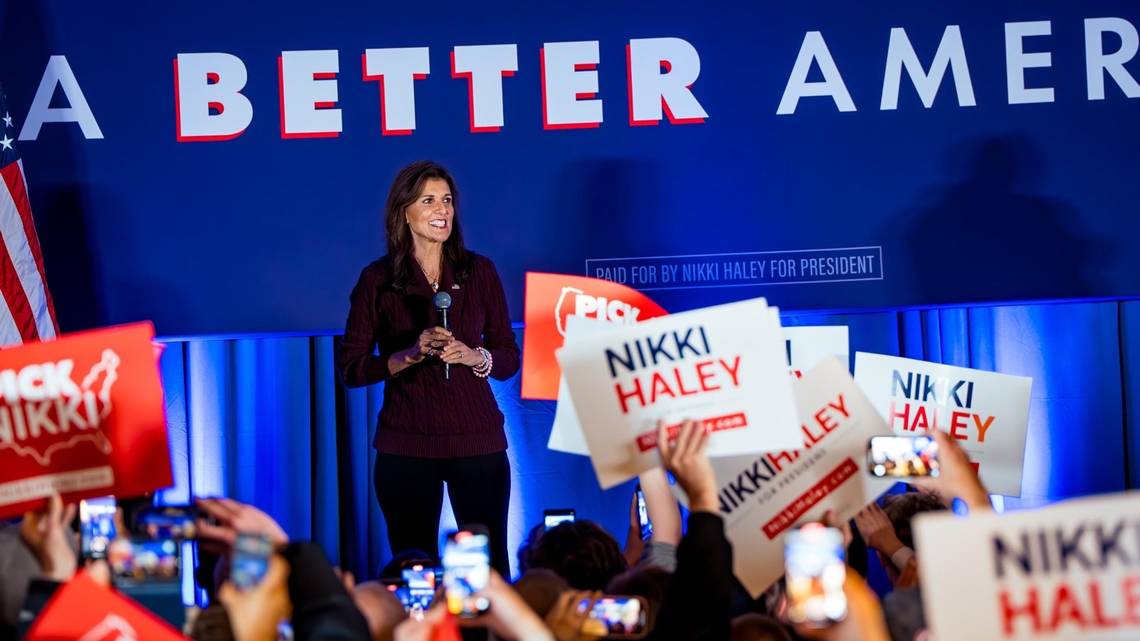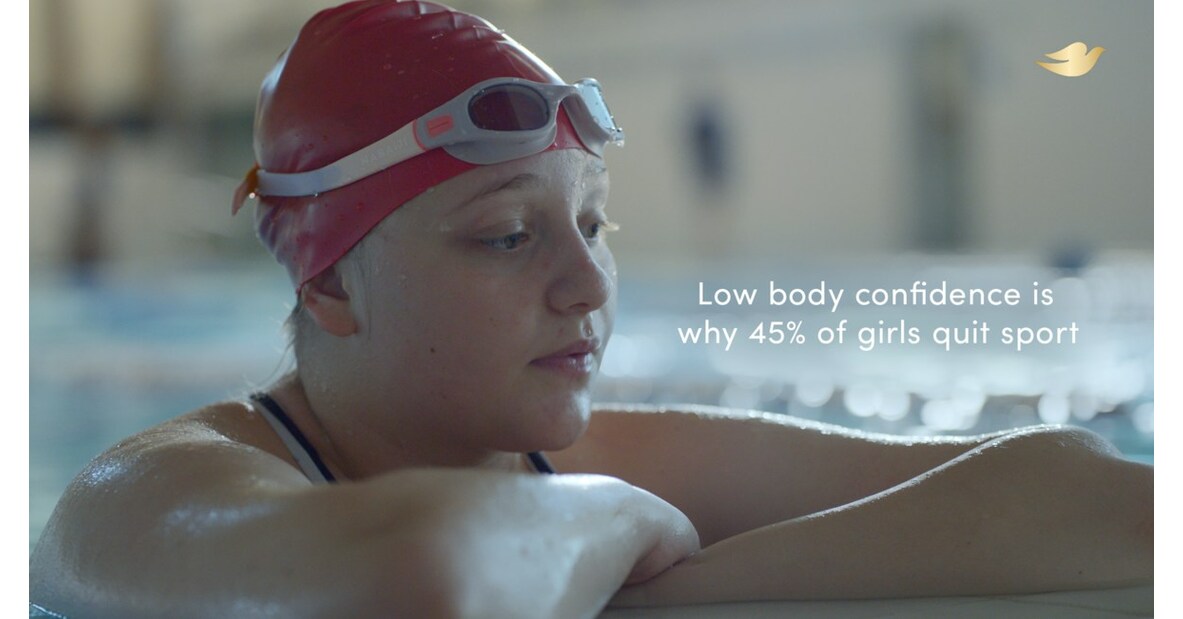
Feb. 12, 2024, Ohio judge blocked the implementation of a state law requiring social media companies to obtain parental consent for any child under 16 to use their platforms. The law made an attempt to help with teen mental health and the overall dangers available online to children.
Originally, Ohio’s Social Media Parental Notification Act was part of the state’s two year budget bill signed into law by Governor Mike DeWine in July 2023. Advocates for the act, including DeWine, viewed the act as a gateway in helping the youth mental health crisis which has been increasingly caused by the usage of social media. A 2018 British study tied social media involvement to decreased, disrupted, and delayed sleep, which is associated with depression, memory loss, and poor academic performances.
“When I’m on my phone, I tend to only use social media the majority of the time and normally right before bed,” Jamie Duskey ‘24 said, “I sometimes see it affect my mental health but never to the degree in which I would need my parents’ intervention.”
The law outlines certain materials social media and gaming companies must develop for the parent and child. The platform must create a method in distinguishing children under 16 in which they would then need to acquire parental consent before participating in the platform. The parents must receive the privacy guidelines so they know what will be censored or moderated on a child’s profile. If there is no consent given from a parent, the platform must deny usage to the user.
“I can see the benefits for young naive children who don’t necessarily know the dangers social media and technology could possess, but I see it more as a parent’s decision on how to regulate their child, not the government’s,” Duskey said.
The act was meant to go into effect Jan. 15, 2024, but U.S. District Court Judge Algenon J. Marbley issued a temporary restraining order to block the law from going into effect Jan. 9, 2024. NetChoice, a trade group representing social media companies, filed a lawsuit against the act earlier in January which led Judge Marbley to halt the implementation. NetChoice represents social media platforms such as TikTok, Snapchat, Meta, X, and other tech companies. The suit was filed against Ohio’s Attorney General Dave Yost in the U.S. District Court for the Southern District of Ohio argued the law violates minors’ First Amendment right to freedom of speech and that it’s overly broad and vague. Yost viewed the act as a valid measure aimed at protecting minors from damage to their mental health and sexual predators.
“Foreclosing minors under sixteen from accessing all content on websites that the Act purports to cover, absent affirmative parental consent, is a breathtakingly blunt instrument for reducing social media’s harm to children,” Yost said.
Judge Marbley agreed with NetChoice as the law was not narrowly tailored to the ends in which Yost had intended for. The ruling put the law on hold indefinitely while the litigation continues. NetChoice last year won court rulings blocking a similar social media parental consent law in Arkansas and a children’s digital privacy law in California. It is challenging restrictions adopted in Utah as well.
DeWine called the ruling disappointing. “Since the federal courts are interpreting federal constitutional law as preventing the state of Ohio from protecting Ohio’s children, then Congress needs to act to protect our country’s children,” DeWine said.
Even though the act has been denied as a violation of minors’ rights, federal and state governments are still working through bills on the topic of social media safety for minors.
FEDERAL SOCIAL MEDIA LAWS IN THE WORKS
Kids Online Safety Act (KOSA): Introduced to the U.S. Senate in May 2023, passed by committee in Aug. 2023, and progressed to the entire Senate in Dec, 2023, but never brought up for a vote. If passed, the bill required site designs that prevent harm to minors which include reporting of harm/risks to minors and not advertising age-restricted products. The bill also gives parents tools to supervise minors’ use.
Protecting Kids on Social Media Act: This act goes further than KOSA and is considerably similar to the Ohio law. It was introduced to the Senate in Apr. 2023. If passed, the act would require platforms to verify account holders’ age and limit access for children under 13 in which they would need parental consent.


















